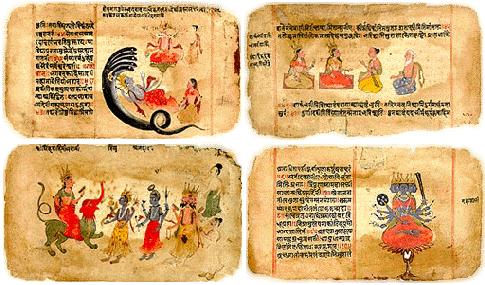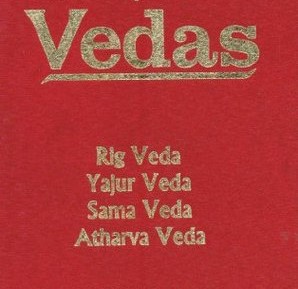The history of the Vedas
The Vedas are considered the oldest Hindu texts. Scholars believe that they were written down some 2,500 years ago, though the tradition often dates them to the beginning of Kali-yuga (circa 3000 BCE). Some Hindus say that there was originally only one Veda, the Yajur, which was later divided into four. Scholars, however, usually consider the Rig-Veda the oldest of all Hindu writings. The following is an overview of the four Vedas.
About VEDAS:
There are four Vedas:
Rig Veda, Yajurveda, Samaveda and Atharva Veda. Each Veda has four subdivisions – the Samhitas (mantras and blessings), the Aranyakas (text on rituals, ceremonies, sacrifices and symbolic-sacrifices), the Brahmanas (commentaries on rituals, ceremonies and sacrifices), and the Upanishads (texts on meditation, philosophy and philosophy). . Some scholars have added a fifth category – Upasanas (worship). The texts of the Upanishads discuss ideas similar to those of different labor traditions.
The Vedas are shruti (“heard”), which distinguishes them from other religious texts, called smriti (“memory”. Revelation of sacred sounds and scriptures heard by sages.
The History of Vedas:
Different Indian philosophies and Hindu tribes took different positions on the Vedas; Indian philosophical schools that recognize the basic authority of the Vedas are classified as “orthodox”. Other Sravana traditions, such as Charvaka, Ajivika, Buddhism and Jainism, which do not consider the Vedas as authorities, are referred to as “heterodox” or “non-Orthodox” (atheistic) schools.

